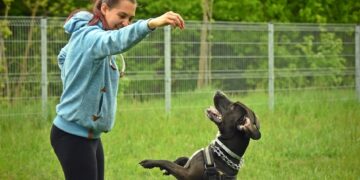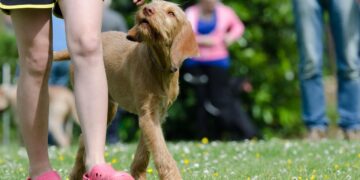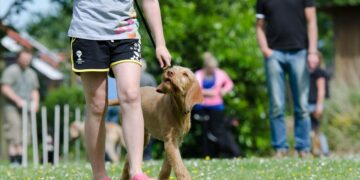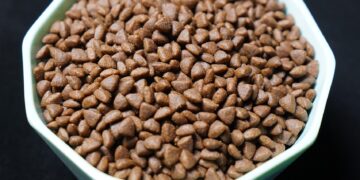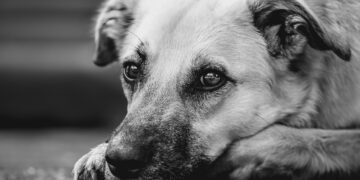Managing Dog Behavior Changes After Vaccination: Expert Tips
Vaccinations are essential for your dog’s health, guarding against diseases and promoting a long, healthy life. Sometimes, however, a vaccine can temporarily affect your dog’s behavior or mood. Understanding and managing these changes can help ensure your dog remains comfortable and happy. Here’s what you need to know to navigate this phase effectively.
Understanding Post-Vaccination Behavior Changes in Dogs
It’s not uncommon for dogs to exhibit slight changes in behavior after receiving a vaccination. These can range from mild lethargy to irritability. While these reactions are generally short-lived, knowing how to handle them can make a significant difference in both your and your pet’s comfort.
Common Signs of Behavior Changes
- Lethargy: Your dog might appear tired or less energetic than usual.
- Decreased Appetite: A temporary loss of appetite is another common side effect.
- Irritability: Some dogs might be more quick-tempered or sensitive following a vaccine.
- Discomfort at Injection Site: Tenderness or swelling at the injection site may cause discomfort.
Why Do These Changes Occur?
Vaccines work by stimulating the dog’s immune system to build protection against specific diseases. This process can sometimes create mild side effects, including behavioral changes. Essentially, your dog’s body is temporarily focusing its energy on building immune responses, which can make them feel a bit under the weather.
Expert Tips for Managing Your Dog’s Post-Vaccine Behavior
Here are several expert-recommended strategies to help your furry friend feel better after their shots:
1. Provide a Quiet Resting Space
After vaccination, dogs might need more peace and quiet than usual. Make sure your dog has a comfortable, secluded place to rest away from noise and activity. Soft bedding and familiar toys can help soothe them.
2. Maintain a Gentle Routine
Keep activities low-key for a few days post-vaccination. Avoid vigorous exercise and, if possible, postpone social activities such as dog park visits. Gentle, affectionate attention can help reassure a stressed or uncomfortable dog.
3. Keep Hydration Levels Up
Encourage your dog to drink water. Keeping hydrated helps their body handle the vaccine’s effects more efficiently. If your dog shows disinterest in their water bowl, try adding ice cubes—they often attract dogs to drink more due to curiosity.
4. Monitor Eating Habits
If your dog isn’t eating normally, don’t panic immediately. Try offering smaller meals throughout the day and include some of their favorite foods to stimulate appetite. If your dog hasn’t eaten for more than 48 hours, however, it’s best to consult your vet.
5. Watch for Severe Reactions
While rare, dogs can occasionally experience severe reactions to vaccines. Symptoms like persistent vomiting, diarrhea, difficulty breathing, or collapse are urgent and require immediate veterinary care.
6. Administer Pain Relief if Advised
If your dog seems particularly uncomfortable, your veterinarian might recommend a mild pain reliever. This should only be administered under veterinary guidance to avoid any complications.
When to Consult Your Vet
Always monitor your pet after a vaccination and note any unusual symptoms. If the behavioral changes persist or worsen over several days, or if you observe severe symptoms, contact your veterinarian. They can provide guidance and treatment to ensure your dog’s safety and comfort.
Conclusion
Remember, vaccinations are a crucial part of your dog’s health routine. Although the side effects can be troublesome, they are typically minor and short-lived. With the right care and a bit of patience, you can help your dog through this period comfortably. Stay observant, be supportive, and continue to provide your pet with the love and care they deserve.
Your awareness and proactive management are key to ensuring that post-vaccination behavior changes do not disrupt your pet’s well-being or your peace of mind.










